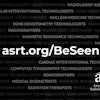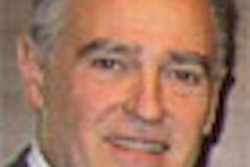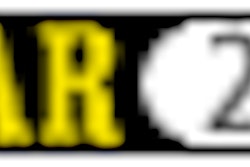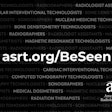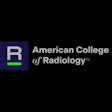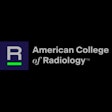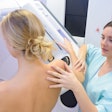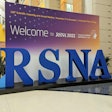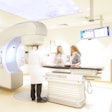All alternative breast imaging modalities are insufficient for detecting cancer and are not a viable replacement for biopsy, according to a report released today by the Agency for Healthcare Research and Quality (AHRQ).
The report claimed that "each of the four (noninvasive) tests -- magnetic resonance imaging, ultrasonography, PET, and scintimammography -- would miss a significant number of cases of cancer ... for women who receive abnormal findings from a mammogram or physical exam."
According to the AHRQ's comparative effectiveness review, all four tests would miss between 4% to 9% of cancers among women with an abnormal mammogram. These results prompted Dr. Carolyn Clancy, director of the AHRQ, to say that biopsy remained the most effective technique for revealing any potential for cancer.
Broken down by modality, the report stated that for every 1,000 women who underwent MRI, 38 would have their cancers missed. For the same number of women who had an ultrasound follow-up exam, 50 women would remain undiagnosed. For PET, 76 women would have undetected cancers, and for scintimammography, 93 out of 1,000 women would have undiagnosed disease.
The AHRQ report is based on a review of 81 studies conducted by the ECRI, which AHRQ has designated as an evidence-based practice center. AHRQ is a division of the U.S. Department of Health and Human Services. Click here to access an executive summary of the report or the full 130-page document.
In a written statement, Clancy said the point of the report was to "give women and their healthcare providers detailed and helpful insight into the strengths and weaknesses of each of these techniques."
But breast imaging experts have already dismissed the report, pointing out that they are well aware that imaging cannot substitute for biopsy at this juncture.
In a statement released Thursday, the American College of Radiology (ACR) deemed the report "simplistic, misleading, and inaccurate." The ACR pointed out that the AHRQ failed to make a distinction between an inconclusive screening mammogram and a mammogram that shows a suspicious finding after a complete workup.
The ACR also noted that no radiologists were involved in the creation of the AHRQ report. However, according to the AHRQ document, two radiologists served as technical experts to the ECRI: Dr. Robyn Birdwell from Brigham and Women's Hospital in Boston and Dr. Robert Rosenberg from the University of New Mexico in Albuquerque.
By AuntMinnie.com staff writers
February 9, 2006
Related Reading
MR mammography: Screening tool or diagnostic adjunct? February 9, 2006
Larger lesions on breast MRI equal greater chance of cancer, Feburary 8, 2006
Auto breast US handily spots lesions in early study, January 13, 2006
MRI best for familial breast cancer detection, December 16, 2005
Breast MRI still not specific enough to obviate biopsy, December 7, 2004
Copyright © 2006 AuntMinnie.com
